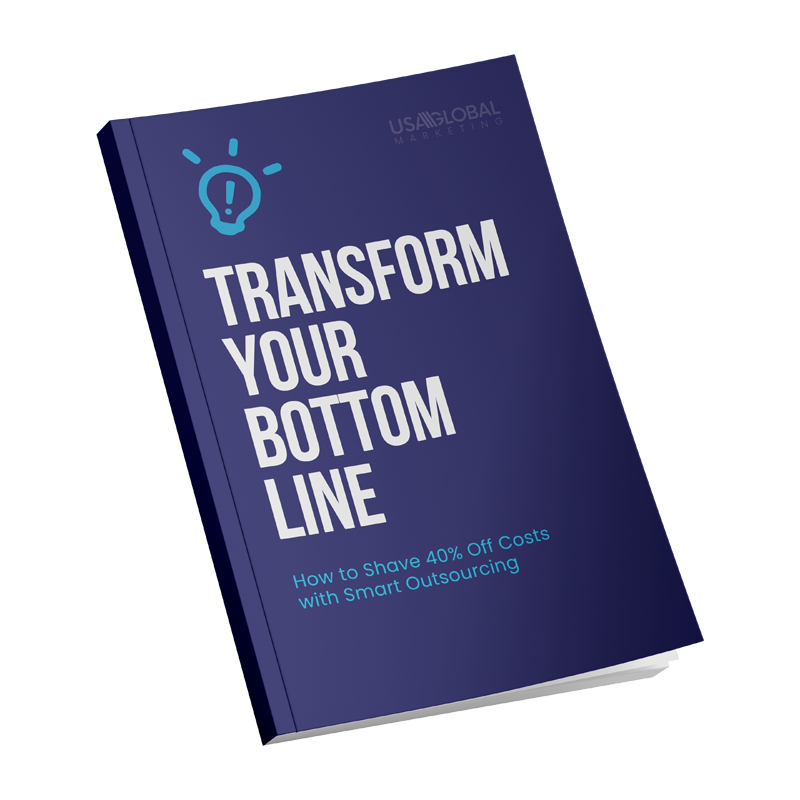In the highly competitive world of customer service, every interaction matters. What can make these interactions fruitful and impactful? The answer is more straightforward than you might think: the power of language. The right words at the right time can turn a disgruntled customer into a satisfied one, a one-time buyer into a loyal fan.
Our language shapes how our customers perceive us and the services we provide. So, understanding and employing power words – those that spark positive emotions and actions – is crucial in achieving and maintaining high customer satisfaction.
You need to know some power words to enhance your customer interactions significantly.
The psychology behind power words
The psychology behind power words lies in their ability to evoke emotions and reactions. When we hear these words, they trigger subconscious responses that can influence our thoughts, feelings, and even actions. Here’s a deeper look at the psychology behind the use of power words:
1. Emotional Triggers:
Power words often elicit emotional responses. Words like “happy,” “exciting,” or “joyful” induce positive feelings, which can make interactions more pleasant and solutions more satisfactory. On the other hand, words like “guarantee” or “absolutely” provide reassurance, reducing anxiety or stress around uncertainties.
2. Influence and Persuasion:
In psychology, the Principle of Influence and Persuasion is well established. Power words are a vital player in this principle. They can sway decisions, encourage actions, and create strong impressions. For instance, “free” or “exclusive” often encourage customers to take action because they convey value and scarcity.
3. Cognitive Bias:
Power words can also tap into various cognitive biases—for instance, the Confirmation Bias, where people seek information confirming their pre-existing beliefs. When customers hear words that align with their expectations or opinions about a product or service, it increases their confidence in that product or service.
4. Neuro-Linguistic Programming (NLP):
Power words can influence people’s subconscious minds. NLP is an approach in psychology that involves understanding and changing human behavior patterns. One of its main premises is that language can reprogram the brain’s responses and behaviors. Power words can shape the customer’s experience by framing situations more positively or solution-oriented.
5. Framing Effect:
The Framing Effect is a cognitive bias where people decide on options based on whether they are presented in a positive (gain) or damaging (loss) manner. Power words contribute to positive framing, focusing on benefits or solutions instead of problems.
6. Mirroring:
Power words can help service providers mirror their customers’ language and tone, helping to build rapport and trust. This concept is based on the psychological principle of mirroring, where matching another person’s behaviors can make them feel more understood and connected.

Power words & how to use them
1. “Absolutely”
This power word conveys a sense of certainty and confidence. Saying “absolutely” instead of a plain “yes” makes customers feel their concerns are addressed by a capable and confident representative.
Situation
A customer asks if you can expedite shipping.
Don't say
“Yes, we can do that.”
Rater say
“Absolutely, we can expedite your shipping!”
2. “Happy”
Introducing positive emotions into a conversation can drastically change its tone. Phrases like “I’m happy to help” indicate your willingness to assist and create a pleasant atmosphere for the interaction.
Situation
A customer needs help with a product feature.
Don't say
“I can help you with that.”
Rater say
“I’d be happy to assist you with understanding that feature.”
3. “Valued”
Reminding customers that they are valued goes a long way in building loyalty. They must feel their patronage is genuinely appreciated and not taken for granted.
Situation
A customer is considering canceling their subscription.
Don't say
“Are you sure you want to cancel your subscription?”
Rater say
“We truly value your membership with us. May we discuss any concerns that are leading you to consider cancellation?”
4. “Understand”
Empathy is critical in customer service. Using phrases like “I understand how frustrating this can be” makes customers feel heard and validated, which can soothe feelings of irritation or disappointment.
Situation
A customer is frustrated about late delivery.
Don't say
“Your package is late because of weather conditions.”
Rater say
“I understand why you’re frustrated with the delay. Unfortunately, The weather has slowed our delivery, but we’re doing our best to get your package to you as soon as possible.”
5. “Thank you.”
Gratitude is a powerful tool. By expressing thanks to your customers for their patience, cooperation or simply for choosing your service, you’re making them feel recognized and appreciated.
Situation
A customer has patiently waited for a delayed order.
Don't say
“Your order has been shipped.”
Rater say
“Thank you so much for your patience. I’m pleased to inform you that your order has been shipped.”
6. “Guarantee”
A customer is still determining the quality of a product.
Situation
A customer is considering canceling their subscription.
Don't say
“Our products are good.”
Rater say
“We guarantee the quality of our products. We’re committed to making it right if you’re not completely satisfied.”
7. “Easy”
Assure customers that the processes they need to follow are easy and hassle-free. This alleviates worries about complicated procedures or technical difficulties.
Situation
A customer is anxious about using a new software feature.
Don't say
“Here’s how to use the new feature.”
Rater say
“Let me guide you through this new feature. It’s straightforward to use, and I’m confident you’ll master it quickly.”
These are just a handful of the power words that significantly influence customer satisfaction. But more is needed to sprinkle these words into your conversations mindlessly. Here’s how you can use these power words effectively:
Be Genuine
Power words must be backed up by sincere emotions and actions. False assurances can do more harm than good.
Personalize your Conversation
Understand your customer’s needs and tailor your responses accordingly. A one-size-fits-all approach rarely works in customer service.
Positivity is Key
Avoid negative phrasing and focus on providing solutions rather than dwelling on problems.
Practice Makes Perfect
Incorporate these power words into your everyday conversations. With practice, using them will become second nature.
The correct language can work wonders in customer service. Power words are a potent tool in shaping customer experiences and driving satisfaction. So, the next time you’re dealing with a customer, remember: it’s not just about what you say, but how you say it that counts. Your language is the bridge between your customer’s needs and your services. Make sure it’s strong, positive, and impactful.
In conclusion, mastering the art of power words in customer service is about far more than a refined vocabulary. It’s about understanding the emotions, motivations, and psychology that influence customer behavior. From creating an environment of positivity and knowledge to building trust and rapport, power words can be instrumental in shaping customer perceptions and experiences.
Remember, while the words you choose are essential, sincerity and empathy truly count. No amount of ‘power words’ can make up for a lack of genuine care and commitment to the customer’s needs. So, equip yourself with these potent linguistic tools and cultivate a genuine desire to assist, understand, and value each customer. In doing so, you’ll be able to create a customer service experience that not only resolves issues but also builds strong, lasting relationships with your customers.
As a customer service professional, your language is the most powerful tool at your disposal. Use it wisely, and see how even the most straightforward words can have the most profound impact.


